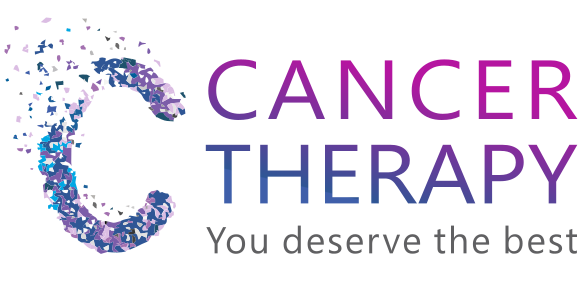How Antibody Drug Conjugates Are Revolutionising Cancer Treatment: A Deep Dive into Targeted Therapy

The landscape of drug engineering has continuously progressed in the last few years. This has led to a better understanding of drug action mechanisms and, consequently, scientists are inventing better and more effective drugs to treat cancer. ADCs or Antibody Drug Conjugates are one of the many. The potency of chemotherapy and the specificity of biologics make cancer treatment safer and effective.
What Are Antibody Drug Conjugates?
ADCs involve the use of targeted therapy with chemotherapy to produce unique results. Antibody Drug Conjugates are used when either the cancer is spreading or the tumours are recurring. In such conditions, other cancer therapies are not so effective.
ADCs can have a significant damaging effect on malignant tumours. In this type of cancer treatment, predominantly the malignant cells are targeted sparingly most of the healthy cells surrounding the malignant tumour.
ADCs are used to treat cancers of different types, including HER-2-positive breast cancer, Triple-negative breast cancer, Urothelial cancer, blood cancer, Multiple myeloma, Ovarian cancer, Cervical cancer, B-cell lymphoma, Lung cancer, and cancerous tumours.
Components of ADCs & How They Work?
There are three components of this form of cancer treatment: antibody, payload, and linker.
- The antibody has a definitive binding specificity wherein it binds with an antigen. This helps it work on targeted malignant cells, after attaching to surface proteins and receptors of cancerous cells.
- The payload is a precision medicine that kills cancerous cells. It is released only after the antibody attaches to the tumorous cells.
- The antibody and the payload are linked via the linker or the binding agent. Its purpose is to ensure that the cytotoxic agent is delivered to the malignant cells. The linkers are broken down by specific enzymes found in the malignant cells; the process consists of certain enzymatic activities.
Why Antibody Drug Conjugates Are a Breakthrough in Cancer Treatment
Targeted Therapy with Precision Medicine
Unlike traditional chemotherapy, ADCs work on the principles of targeted therapy and precision medicine. Oncologists can treat patients based on the molecular characteristics of their tumours. This ensures a higher likelihood of success with fewer side effects. This is why this form of cancer treatment is also called a biological missile or magic bullet.
Improved Drug Delivery
In cancer treatment, one of the biggest challenges lies with drug delivery. Antibody Drug Conjugates solve this problem. In this method, the chemotherapy agents are directed, with precision, exactly where the malignant cells exist. This reduces systemic exposure and damage to surrounding healthy cells.
Positive Outlook of ADC Treatment
A growing number of studies reveal that patients receiving the Antibody Drug Conjugates treatment live longer than people receiving systemic chemotherapy. That’s the generic outlook. The actual outcomes depend on different factors, like your cancer type, as the cancer treatment may show better results with specific cancer types. The spread of cancer also impacts the treatment outcome.
Commonly Used Antibody Drug Conjugates
Several antibody-drug conjugates (ADCs) are already approved and widely used in the treatment of solid tumors. Some commonly used drugs include:
- Trastuzumab emtansine (T-DM1, Kadcyla®): Targets HER2 and is approved for the treatment of HER2-positive breast cancer, especially in patients who have previously received trastuzumab and chemotherapy.
- Trastuzumab deruxtecan (T-DXd, Enhertu®): A next-generation HER2-targeting ADC used for HER2-positive and HER2-low breast cancer, as well as certain cases of gastric cancer and non-small cell lung cancer (NSCLC).
- Sacituzumab govitecan (Trodelvy®): Targets Trop-2 and is used in triple-negative breast cancer (TNBC), urothelial carcinoma, and HR+/HER2- breast cancer, offering options for patients with limited treatment alternatives.
- Enfortumab vedotin (Padcev®): Targets Nectin-4 and is indicated for the treatment of urothelial carcinoma, particularly in patients who have already received immune checkpoint inhibitors and platinum-based chemotherapy.
It is crucial to mention here that this treatment has side effects. Hence, it is vital to speak with an expert oncologist to determine the best line of cancer treatment in your case.

